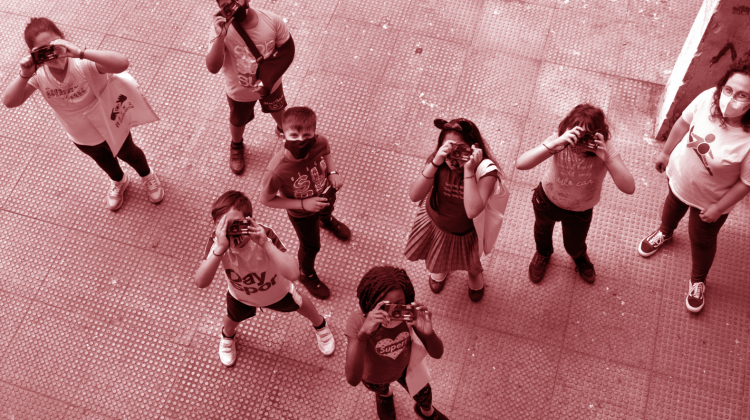
Policy recommendations for socially engaged arts projects
Acting on the Margins: Arts as Social Sculpture (AMASS) was an EU Horizon 2020 research project funded under the theme of Societal Challenges and the Arts, which focused on the cultural rights perspective of marginalisation and its effects on other forms of exclusion in Europe. Using arts-based interventions, this project aimed to address marginalisation challenges through community involvement and community building.
The last AMASS event in Malta took place on Saturday 28th January in Valletta with seven presentations reflecting on the impacts, challenges and processes of socially engaged art. The speakers were Raphael Vella – project lead for Malta, Kristina Borg, Isabelle Gatt, Josette Ciappara, Toni Attard, Karsten Xuereb and Margerita Pulè. The symposium was moderated by Maren Richter.
Culture Venture participated in the research with the theatre productions Il-Pożittivi inspired by stories of people living in HIV in Malta and Is-siġra tat-Tin – an inclusive project co-created with Opening Doors Association.
As part of the project, a Policy White Paper by Sofia Lindström Sol (University of Borås), Andrea Kárpáti (Corvinus University of Budapest), Melanie Sarantou (University of Lapland), Carolina Gutiérrez Novoa (PACO Design Collaborative), and Silvia Remotti (PACO Design Collaborative) was published with policy recommendations based on the research of the project. The following extract from the executive summary of the policy white paper by AMASS consortium members identifies four key needs, with corresponding recommendations for the cultural and democratic participation of marginalised people and communities in Europe:
1. A need for diversity, simplicity and sustainability in arts funding
Obtain application-based financial support from a variety of sources to sustain innovative developments in culture and the arts related to community needs and socio- economic considerations.
2. A need for impact measurement tools to assess the outcomes of arts-based interventions
Publish guidelines to articulate results and common concepts, thus helping to better guide stakeholders interested in participating in cultural initiatives and/or appealing for funds that require research- based demonstrations of impact.
3. A need for the representation of minority groups in decision-making processes resulting from collaboration between policymakers, artists and arts educators to encourage social inclusiveness within the arts sector
Implement national strategic plans for establishing platforms that bring together communities, organisations, artists and heritage workers to encourage transversal and intersectional partnerships.
4. A need for new approaches to artistic practice to break with the elitist artistic outcomes that are normally ascribed to high culture, including the arts
Widen participation in culture and the arts through access to spaces for the members of disadvantaged social groups. Furnish these spaces with digital tools, including computer hardware and software, to enhance knowledge transfer, create opportunities for shared experiences and, by extension, increase exposure to the arts and individual well-being.
Read the full paper here
